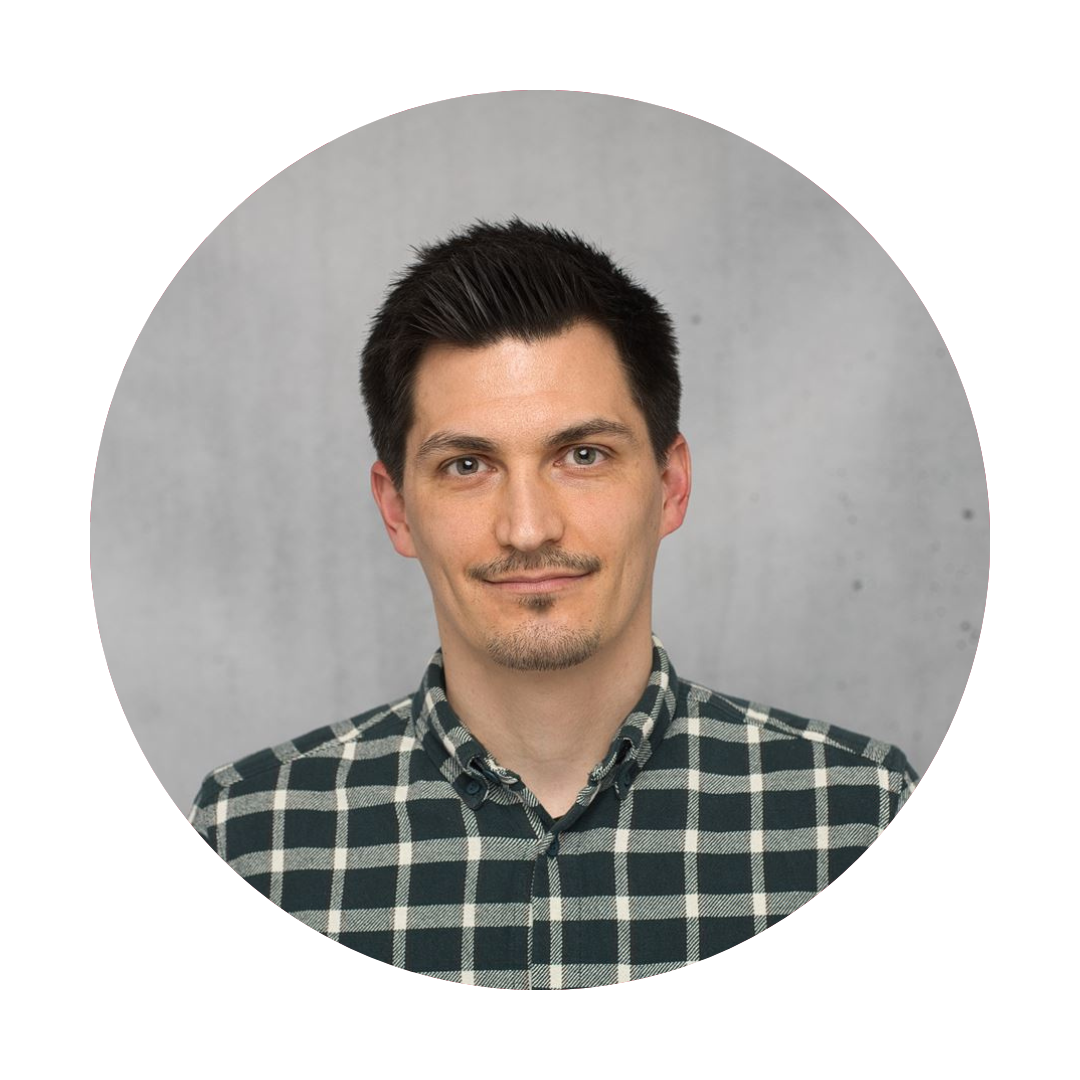
Why SKOPOS NEXT is a Member of the Industry Association MSPA Europe/Africa
The MSPA Europe/Africa (Mystery Shopping Professionals Association Europe/Africa) is the regional branch of the global MSPA, an industry association for mystery shopping and customer experience. MSPA Europe/Africa became an independent organization in 2001. Today, it has over 200 member companies across Europe and Africa, with more than 450 firms worldwide in the network. The association advocates for professional standards, ethics, and quality in the mystery shopping industry. It provides training, research, networking opportunities, and ethical guidelines, thereby supporting the acceptance and reputation of the industry. SKOPOS NEXT has been an active member of this industry association for many years and was the only institute in Germany to receive the ELITE Status Award 2025 this year. (Elite Status is an Active Membership initiative in order to acknowledge MSPA Europe/Africa Members who contribute towards the promotion of MSPA Europe/Africa and the Mystery Shopping industry in general.)
To mark this occasion, SKOPOS NEXT conducted an interview with Markus Reiter, coordinator for international partnerships.
Markus, you regularly work with industry colleagues from many countries in Europe and beyond. SKOPOS NEXT only collaborates with MSPA members. Why is that?
That’s a deliberate choice and part of our quality commitment. What unites us and our international MSPA partners is a shared standard of professionalism, transparency, and high-quality work. The MSPA represents binding standards in the mystery shopping industry. Being a member means not just adhering to these standards, but embodying them in daily practice—just like we do. This shared foundation builds trust—between us, our partners, and ultimately our clients.
Additionally, we benefit immensely from the international MSPA network. It allows us to work across borders with reliable partners who follow the same principles. This makes collaboration—technical, organizational, and interpersonal—much easier. There's also a constant transfer of knowledge, whether through conferences, training programs, or direct daily exchanges. We grow together and consistently deliver high-quality results for our clients, no matter where a project takes place.
In short: working exclusively with MSPA members is the key to efficient, reliable, and sustainable international project work—from which our clients ultimately benefit.
In May of this year, the association’s annual conference was held. What motivates you to attend these industry events?
Honestly: industry conferences often have the reputation of being like class reunions—lots of back-patting and success stories, but staying within your own bubble. Constructive criticism and real collaboration opportunities are often missing. After all, many attendees are competitors—so people stay guarded. These events can easily feel like a waste of time.
But MSPA conferences are different—exactly why I’m happy to attend, like the recent one in Tallinn. There are two main motivations for me to attend this MSPA event: personal connection and professional development.
On the personal side: No virtual meeting can replace an in-person encounter. The face to face discussions at the conference give us a chance to maintain existing partnerships and build new ones. It creates a friendly setting to discuss past, current, and future projects with fellow participants.
On the professional side: We don’t just talk about successes but also about challenges. We share best practices across borders—without fear of competition.
The conference is a place for genuine exchange—both personal and professional.
Every time I attend, I return to the office with fresh ideas and inspiration for our projects. The atmosphere is collegial and respectful. It’s not about showcasing yourself, but about improving together.
How do these MSPA events support your daily work in building and maintaining a strong network of local partners for your projects?
MSPA events are a crucial lever for us—not just to maintain our international partner network but to develop it in a targeted, sustainable way. It’s not about finding just any local provider—but the right one. One that fits us, our values, and our quality standards.
That’s why in-person meetings are so important. They allow for real insight—beyond flashy websites and polished promises. I get to know potential partners: how they work, what matters to them. And they get to know us too. This direct exchange creates mutual understanding. We see the face behind the partner company—and they see ours. It makes day-to-day collaboration more trusting, committed, and reliable. A true partnership develops that holds up even in high-pressure situations.
Our clients benefit directly because we work with a carefully selected, well-integrated network that we know—and trust. This clearly elevates the quality of our joint work—and that’s exactly our goal.
Which topics, thoughts, or ideas did you take away from this year’s conference? What issues are shaping the industry today and tomorrow?
A central topic that ran like a thread through many conversations and presentations was—unsurprisingly—the impact of Artificial Intelligence on our industry. Not as a distant vision, but in practical terms: Where are we already using AI effectively—and where will we do so in the future?
AI will undoubtedly change our industry. It can make processes more efficient, for example in analyzing open-text responses, quality control, or managing complex international studies.
But the conference also made it clear: AI is no substitute for the human factor—especially not at the core of our work, which is authentic observation and evaluation of real experiences by real people. Mystery shopping relies on situational awareness, context, and empathy. That’s something AI (still) can’t do—and likely won’t in the foreseeable future at the depth our shoppers provide.
Another major topic was the clear distinction between Mystery Research and Customer Experience (CX) Research. These are two valid disciplines that complement each other well—as we do at SKOPOS NEXT in collaboration with our colleagues at SKOPOS CONNECT. But they must not be confused, because they serve different goals, methods, and perspectives.
Customer Experience Research examines the subjective perception of real customers, who are emotionally and personally engaged with the brand interaction. How do they feel? What do they think about the experience? It's retrospective, emotional, and provides valuable insights from the customer's point of view.
Mystery Research, in contrast, follows an objective, verifiable approach. Our shoppers observe, measure, and evaluate specific touchpoints based on predefined criteria and a clear evaluation scale—not based on personal feelings, but on standards. It’s about process quality, implementation, and compliance—about whether promises made in customer contact are truly kept.
Both disciplines generate valuable insights—but on very different levels. Mixing them—especially their target groups (consumers vs. mystery shoppers)—dilutes the clarity of both methods. Only with clean methodological separation can results be properly interpreted and applied.
In the past 2–3 years, I’ve felt these two approaches were increasingly blurred in our industry. We viewed that critically—and at SKOPOS, we maintain separate units for CX and MX. Experts for their fields. We’ve stayed true to this, and we will continue to do so.
The MSPA offers various event formats, training programs, and more. What do you see as the key benefits of membership?
The biggest benefit, for me, is clearly the strong international network. MSPA provides a platform for professional growth as well as practical support. Be it through training for different roles, specialized events, or sharing best practices with international peers.
MSPA enables us to truly get to know our partners—and continuously develop and challenge our own practices through diverse events and formats.
For us, MSPA is not just an association—it’s an active network that supports us professionally, strategically, and personally.
You reference your MSPA membership in pitches, proposals, presentations, and on your website. What does the membership mean to you? What message are you sending to (potential) clients?
For us, MSPA membership is a clear commitment to quality, transparency, and internationally recognized standards in mystery research. That’s why we always reference our membership—in pitches, proposals, presentations, and on our website. For us, it's a seal of quality that communicates that:
We work according to the highest industry standards and are part of an international network that upholds and advances those same standards.
Our clients respond very positively. They see it not only as proof of high-quality work but also of reliability and professionalism. Some even require MSPA membership as a condition for participating in tenders.
There’s no other industry association with greater relevance in our field than the MSPA. Our membership shows that we take our responsibilities—to our clients, partners, and the future of our field—very seriously.
Would you recommend other institutes to join the MSPA? If so, why?
Absolutely! There’s no reason not to be a member. There are three compelling reasons to join:
Quality Standards & Credibility:
MSPA membership is a powerful signal of professionalism and quality. It’s not only valuable internally but a real asset when communicating with clients and partners.
International Network & True Exchange:
MSPA is not just a list of members—it’s an active network. You meet peers, share experiences, discuss trends and challenges. That kind of exchange is both inspiring and strengthening.
Increased Visibility:
A simple but underrated point: All members increase their visibility. As mentioned, we only work with MSPA members. Being listed confirms adherence to high standards—making one more attractive for partnerships.
One last question. Referring to the current MSPA theme “Then, Now & Next in Mystery Shopping”: What was your first experience with the MSPA family like, how has it evolved, and how do you see your future engagement?
My first conference was in 2022 in Varna (Bulgaria), together with my colleague and Co-Managing Director of SKOPOS NEXT, Peter Füller. Naturally, I was a bit unsure of what to expect, as up to that point I had only heard about MSPA from others. But thanks to a dedicated first-time attendee event at the very start of the conference, the ice was quickly broken. MSPA does an excellent job of making it as easy as possible for newcomers. You’re not just welcomed—you’re truly embraced. That gave me a very positive feeling right from the beginning. Through the subsequent events and meetings, I was able to meet almost all of our partners—those we were already working with at the time and those we would work with in the future.
Already during the conference, I quickly felt like I had become part of a big family. The exchange among participants was very open, warm, and at the same time professionally enriching. The feeling I had at that first conference has only deepened and intensified in the years since. It’s become an annual reunion of a large family that values not only professional exchange and discussion but also the human connection just as deeply.
And this is exactly how I see the future of our engagement: We want to continue to contribute actively to MSPA Europe/Africa—professionally, strategically, and personally. As an active part of this community, we want to help ensure that mystery research continues to evolve, maintains a clear distinction from other disciplines, and that we tackle challenges together. Like a family—because the big questions in our industry can only be answered together.

Markus Reiter
Research Manager SKOPOS NEXT
This interview was first published in July 2025 on SKOPOS NEXT website







